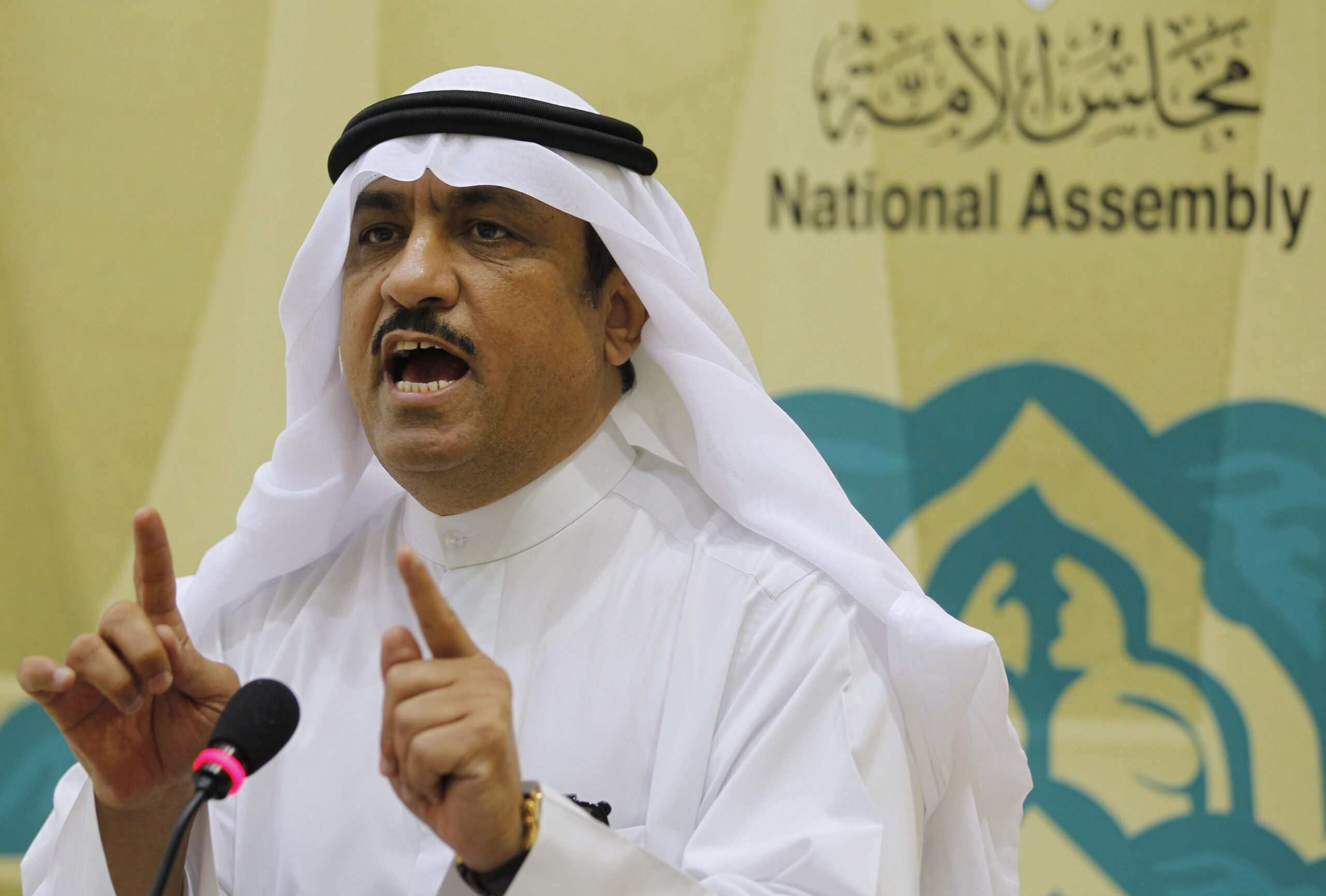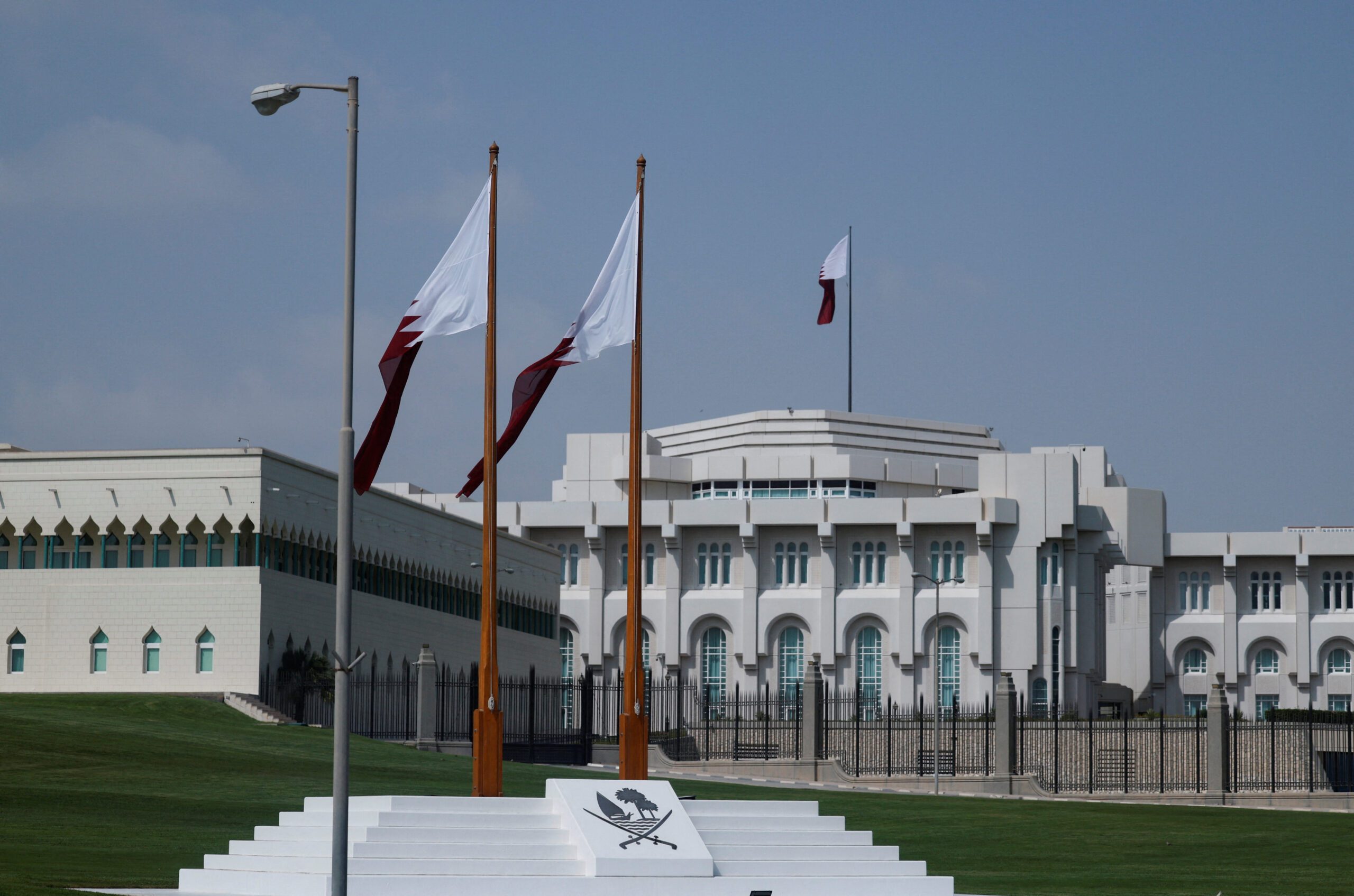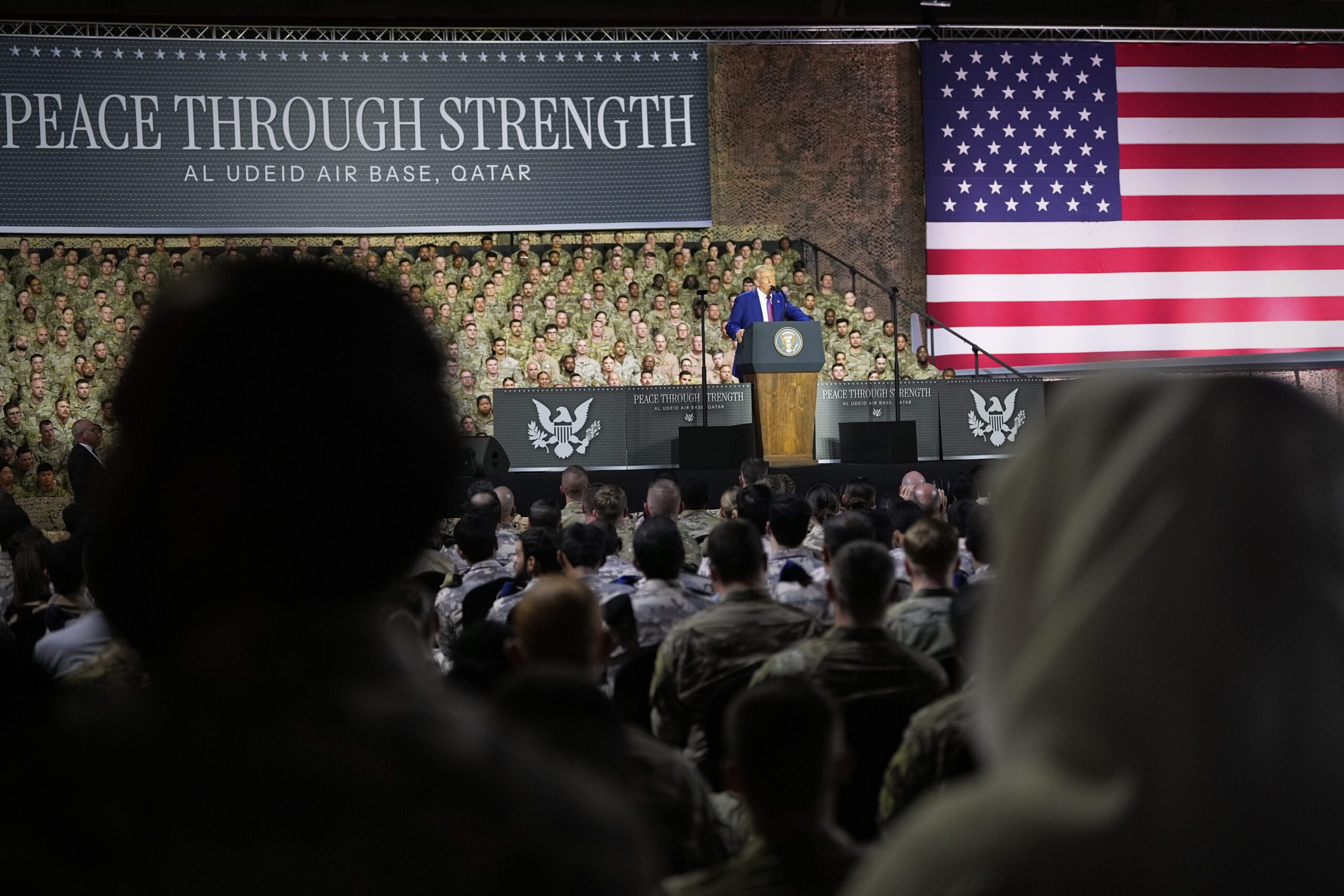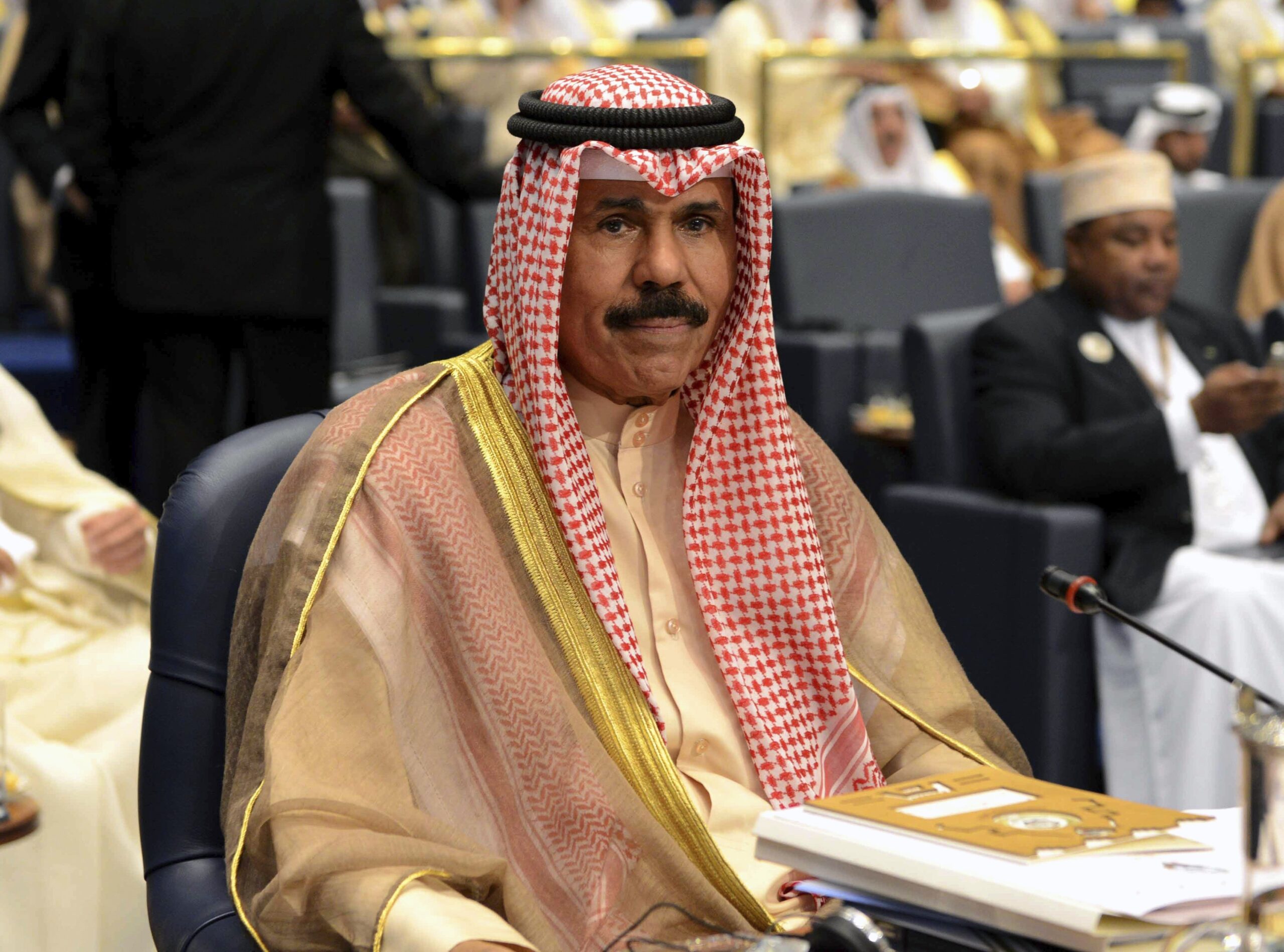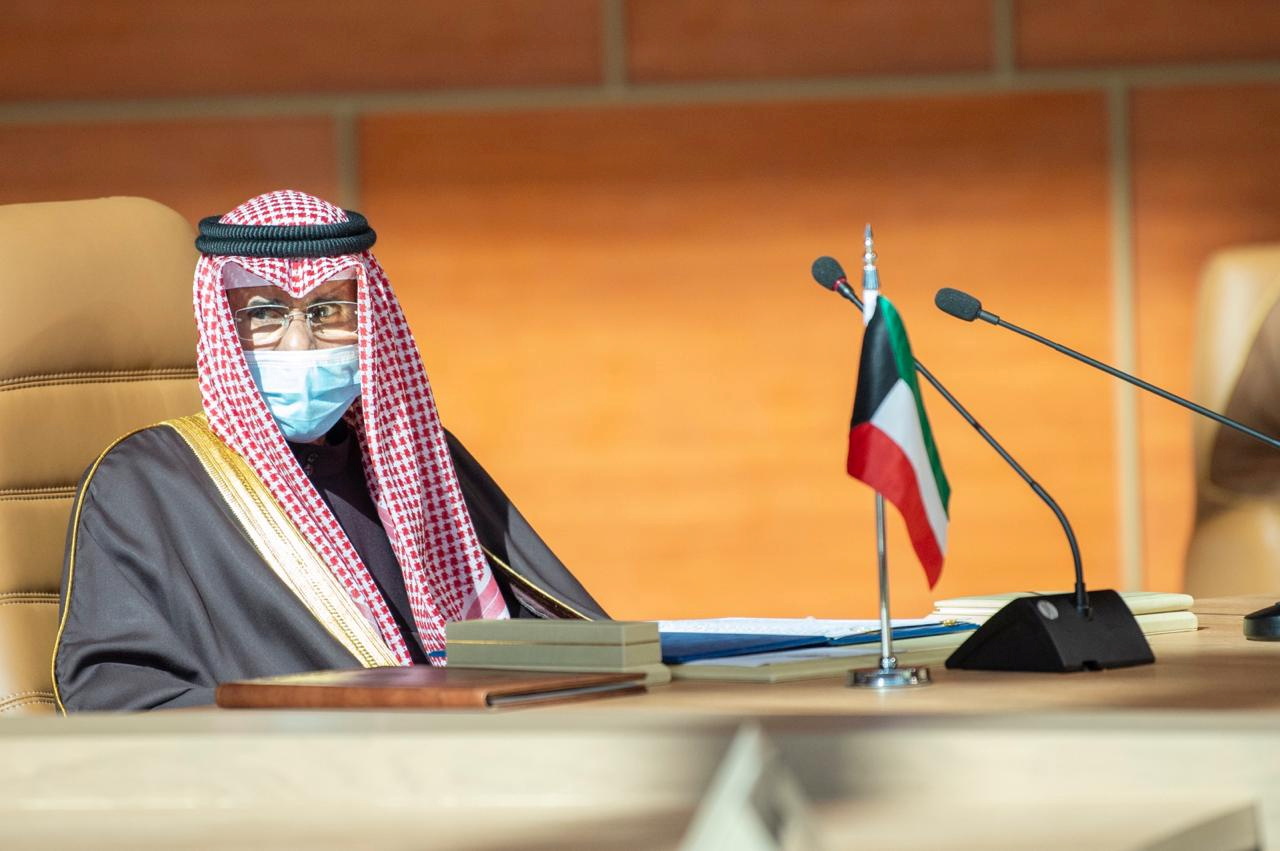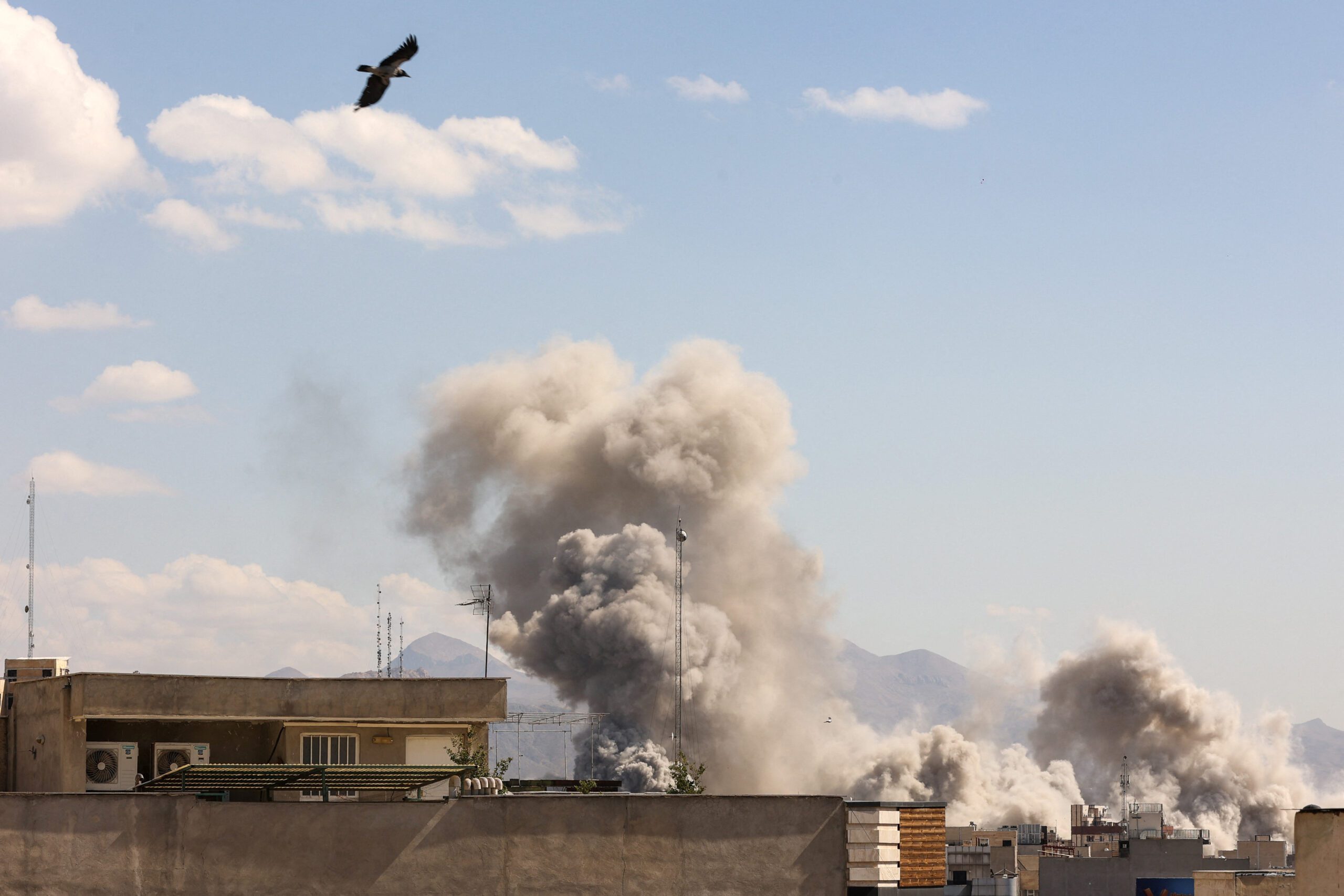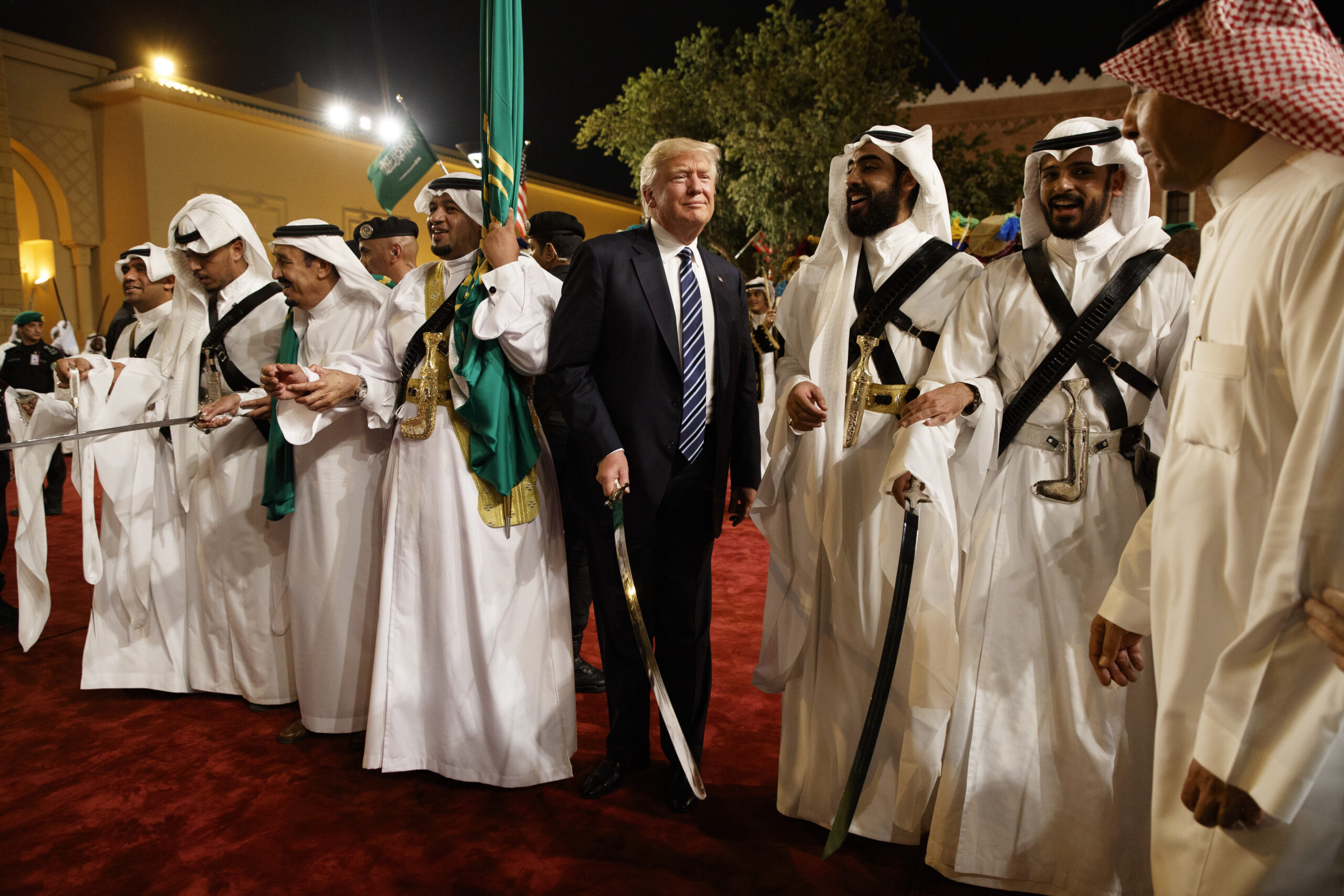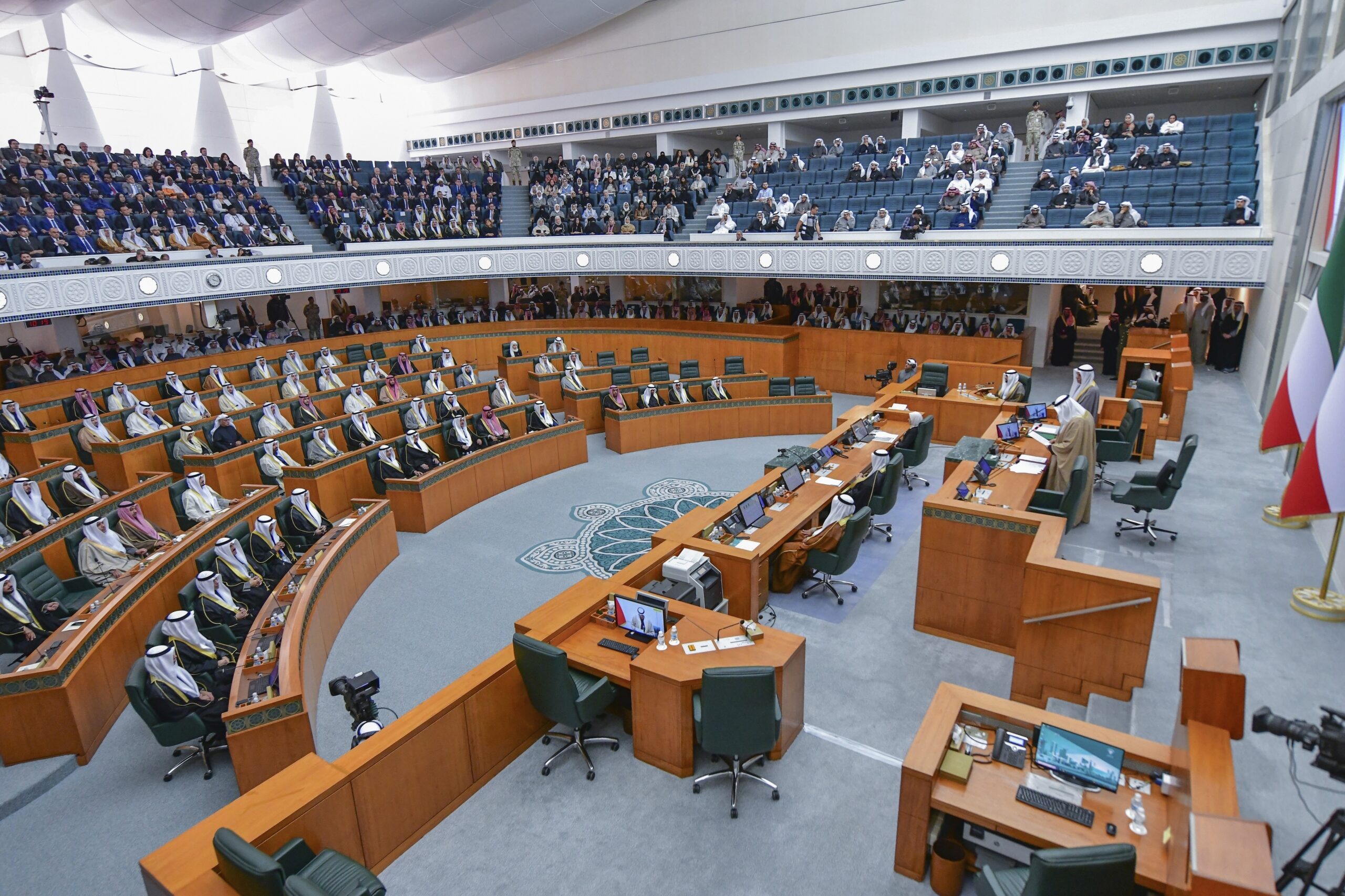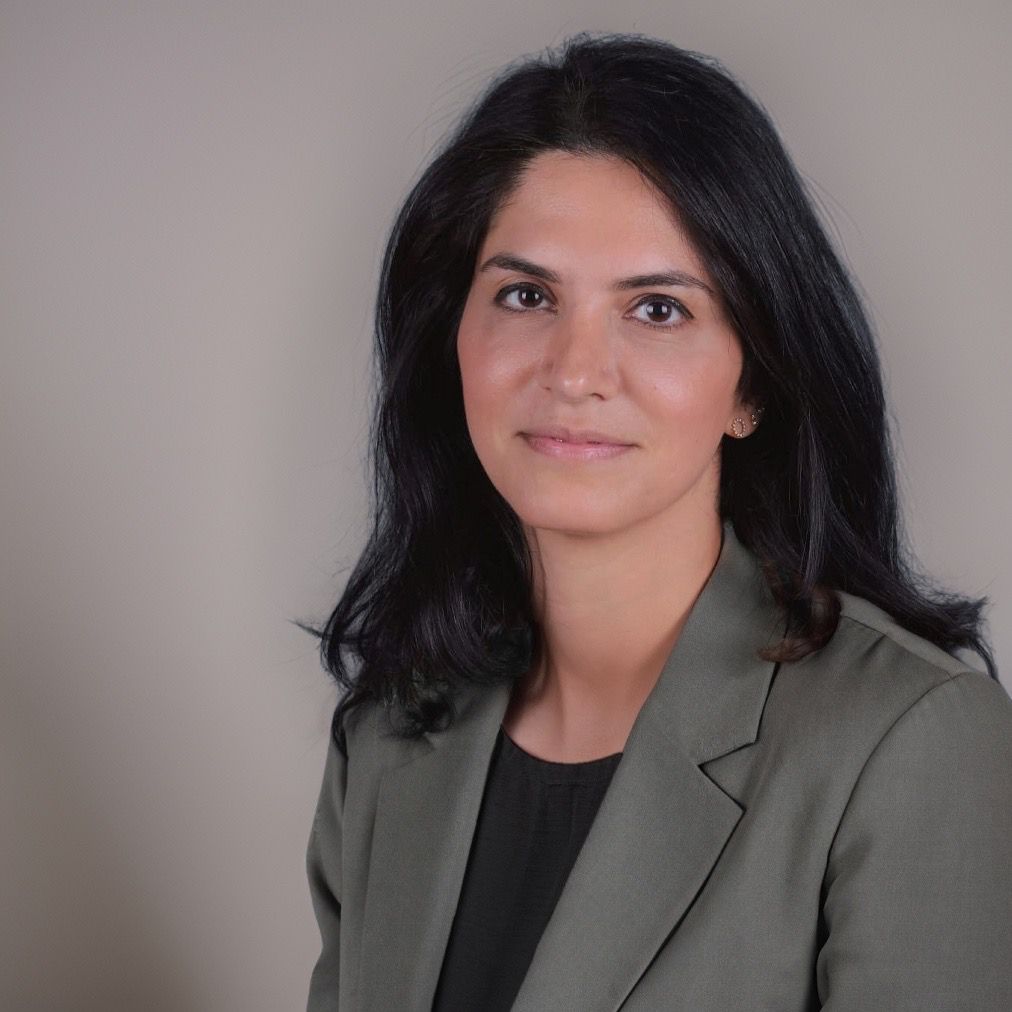Old Playbook for New Kuwaiti Government Signals Further Stasis
An addictive recourse to the same political class and governance scheme suggests Kuwait’s new government, like its predecessors, will prove unable to effectively confront the country’s many challenges.
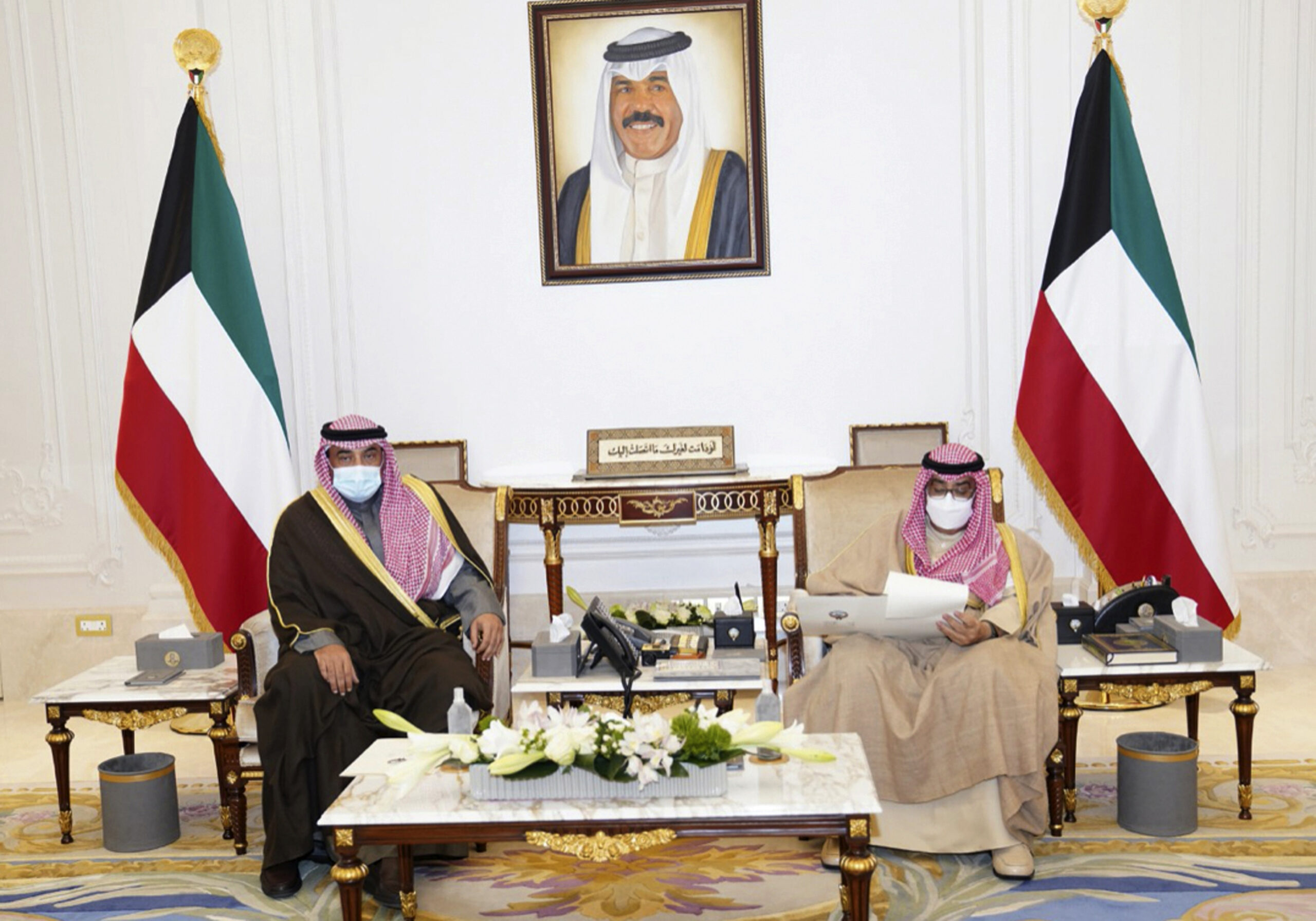
On December 28, 2021 Kuwait announced a new government, its third within a year. The result of a dialogue with the parliamentary opposition initiated by the emir, this Cabinet notably includes four members drawn from the National Assembly – the most since the mid-1990s. Yet despite this spirit of national reconciliation, the new Cabinet is unlikely to yield improved functioning of Kuwait’s government. An addictive recourse to the same political class and governance scheme continues to hold the country back. Like its predecessors, the government will likely prove unable to effectively confront Kuwait’s many challenges, including economic diversification and revamping a dysfunctional political system.
Three factors in the government formation process point to yet another crisis on the horizon.
The prime minister has attempted to placate critics by removing ministers – health, interior, commerce, housing – facing parliamentary opposition. His induction of four members of parliament into the Cabinet is meant to reduce the opposition’s stamina in Parliament. Yet no parliamentary bloc supported the members of parliament joining the government, so these blocs cannot be relied upon to back the government. Moreover, alliances tend to be fluid and contingent. Three of the four new ministers drawn from Parliament supported the interpellation, or interrogation, of the prime minister in January 2021. Such shifts are likely to continue. Within the span of a year, the number of opposition members has decreased as the government has been able to penetrate their ranks – for now. Yet the government does not readily have enough supporters in Parliament to block controversial interpellations.
Neither move will provide the government with long-term immunity because the system does not offer such a safety valve. The government will remain susceptible to interpellations by members of parliament; one member submitted an interpellation of the returning defense minister even before the government concluded its first week, though the constitutionality of the move is in question because it pertained to the previous government. The government considers these parliamentary interpellations a nuisance because they restrict government prerogative; in more political terms, they represent a tool by which Parliament uses scrutiny and resultant public attention to prevent the government from taking contested actions members of parliament might otherwise be unable to stop. The government, nonetheless, needs to simply confront interpellations and accede to questioning to demystify the procedure and avoid deadlocks even if it means the prime minister and ministers sacrifice their positions in the process.
Second, succession politics manifested in the government setup. Kuwait does not follow a primogeniture model increasingly adopted by monarchies in the region. This has lent itself to intense ruling family competition at times, derailing optimal functioning of the executive branch. The choice and positions of ruling family ministers is an indicator of this crisis. The new government features one of the lowest Al Sabah ruling family representations with three ministers (defense, interior, and foreign affairs) and no first deputy prime minister, both probably reflecting a house not in order. Further missing in the government is a balanced representation among ruling family branches. The return of the former defense chief as interior minister means the domination once again of the Jaber line, the branch of the emir and crown prince. All three Al Sabah ministers are in their 50s, indicating a hesitance to entrust a younger generation of ruling family members with ministerial responsibility and a further delay in a generational shift long underway in neighboring states, even though the family boasts promising young candidates.
Finally, Kuwait’s quota system has proved resilient. Out of 15 ministers, nine are new (including the interior minister who served in 2019-20). This seeming change, however, masks within it firm continuity. Instead of exclusively resorting to merit and team compatibility, the government carefully assembled Kuwait’s various components. A woman, a Shia, and representatives of major tribal groups are clustered alongside ruling family members, representatives of merchant families and interests, and members of different ethnicities. Notably absent from the mix are representatives from major political societies.
To its credit, concerning ministers outside the ruling family, the government has finally opened up to youth, perhaps by chance, with four ministers in their 30s and early 40s. The inclusion of three lawyers (information, justice, social affairs) promises for a more vocal government – a necessary attribute in the face of a boisterous Parliament. The government has again turned to befitting portfolio combinations linking education with higher education and oil with electricity but created questionable combinations like tying public works to youth and housing to social affairs.
Some of the incoming ministers bring with them a proven track record, whether in managing customs, in the case of the justice minister, or running investment portfolios, as with the finance and commerce ministers. Others have previously served in the Municipal Council or run an unsuccessful parliamentary election campaign. Yet, these selections are part of the compromise between political and technocratic appointments. An effective government is greater than the sum of its parts. Amid this diversity in backgrounds and experiences, how will they operate as a team? Ministers were not assembled in a manner considering how they might complement one another and cooperate in terms of working style and government goals. And the ministries themselves remain disconnected and largely operate as islands. There is no strong center of government that can pull the ministries and their bloated bureaucracies together.
Structural deficits haunt the system. Personal loyalties and social ties continue to thrive despite almost 60 years of constitutional rule, while leadership and skills are sorely lacking. And it is not for lack of resources, as the necessary talent does exist in Kuwait. The system binges on recycle mode when it comes to leadership nominations. That is further compounded by the widespread vacancies at several leadership positions across the government despite the passage of 15 months since the transfer of power to the new emir. The government and Parliament are engaged in a cat and mouse game that deprioritizes national interest in the process. Both are to blame for not implementing breakthrough solutions to recurring impasses. Instead, a “national dialogue” morphed into an exclusive leadership retreat that resulted in an ambiguous roadmap and slow-paced reform.
Kuwait’s problems are deep-rooted: A fiscal crunch and overreliance on hydrocarbons; poor health and education services; a housing crisis; suboptimal infrastructure; tense social relations and rising xenophobia; a first-of-its-kind verdict convicting judges; and ongoing corruption have come together in a perfect storm. It validates the growing sense of estrangement with the political class and system at large. Absent a political shakeup, business as usual could sink the country further in malaise and stasis. As the government readies itself for an uphill battle with Parliament, it should urgently update its playbook. Many Kuwaitis, whether members of parliament or not, reportedly declined to join the government. But a new governance model and revamped government formation methodology could make ministerial positions more appealing to the talented technocrats needed to make change, and such tools would come in handy when forming the next government. Rather than a group of individuals pursuing separate, and sometimes competing, interests, Kuwait needs an interlocked executive, a unified team that can work together to deliver much-awaited change and prepare for a competitive Gulf landscape and looming post-oil era.
The views represented herein are the author's or speaker's own and do not necessarily reflect the views of AGSI, its staff, or its board of directors.

